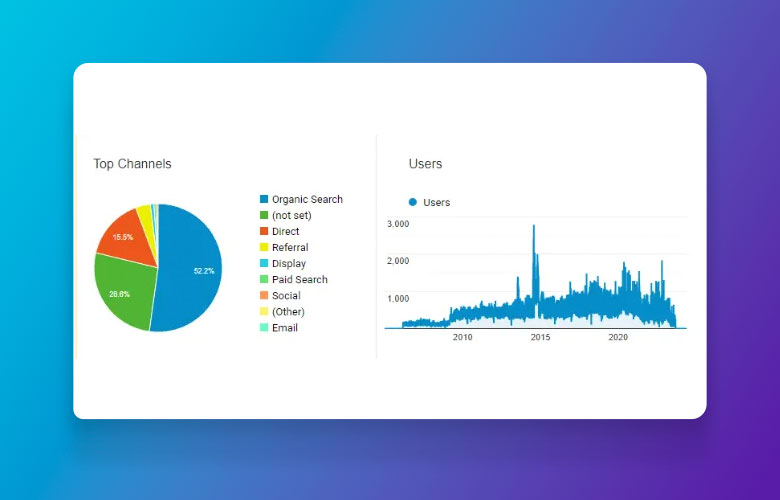New Algorithm Updates, FAQ Structured Data/Rich Snippets and Speed

New Algorithm Update
Google released a core update in June 2019 that has resulted in some heavy losses for campaigns that have direct issues with their Panda algorithm update. Google has continually advised every campaign to write the best content possible with a focus on quality, high-value content over quantity. Google’s Panda update in 2011 warned of poor quality content and the June 2019 update was essentially a forcible enactment to check on a campaign’s quality. Google has continually repeated that there is “nothing to fix” if your campaign was affected. Perhaps this is a blunt way of stating that there is nothing to fix because if it’s bad content, then tweaking, editing, or altering bad content is still bad content. The best course of action is a deep evaluation of your content compared to your competition and critiquing the quality of your content versus the competition’s content online. Who is the quintessential industry leader in the eyes of users and Google’s algorithm?
FAQ Structured Data/Rich Snippets
While keeping a pulse on the latest in technical SEO, Google has issued an update to include FAQ Structured Data in search results. As outlined from the additional community publications, there are pros and cons to this update:
- PROS: The markup will enhance the listing of an FAQ page in the SERP to stand out more and look like this: https://www.screencast.com/t/Z5loRRat7a
- CONS: Certain websites claim that after this implementation, they saw a drop in traffic when the user’s question was answered right in the search engines. Yet others have said they have seen a gain:
- https://www.distilled.net/resources/faq-schema/ (…”So far we’ve seen good results for sites with FAQ Schema.”)
- https://moz.com/blog/new-schema-types-to-create-interactive-rich-results (…”Impacts on click-through rate”)
To implement or not to implement? Gaining immediate exposure in a rich snippet is a great way to display the value of your FAQ quote but if users are not clicking through to your website and converting, is it worth it?
Website Speed
Every campaign should include a continual review of website speed. This matters since the speed of your website governs how quickly users and search engines can access your website. Slow websites are no good. Speed is even more of a heightened concern in the world of mobile indexing first.
It is a myth that once a website launches, it’s good to go and the speed will not change. There are countless things to consider that affect speed. The next time you are asking your development team to update your site, consider the following:
- Mobile First – Is your website built to be indexed for mobile first? How does your website render on a mobile test vs. desktop?
- Chat and Call Tracking – Just recently signed up for a chat service or a call tracking service? These are great for closing the loop on raw leads but can bloat a website’s speed. These services need to be added carefully.
- Image Sizes – Sending a large image can impact speed. You should compress the image before it goes online.
- Quantity of images – Are too many background images pulling into your website and collectively weighing down the website from ranking?
- Home Page Slider – Does your website include a homepage main slider? Each one of these images are generally large. Since studies have shown that most users do not view past the first slider, you may want to reconsider multiple sliding images.
- Accolade Images – Accolades are great to display for conversions but each one is an image. Work with your design and development team to explore options on innovative ways to display all these awards.
There is a perpetual need to pay attention to the speed of your website. If organic search is a concern for your website, it is important to note the items above the next time you are updating your website.
About Us
Did you know more than 200 clients have worked with PaperStreet for more than 10 years?
Get a Free Website
Analysis and Consultation
Marketing Services




